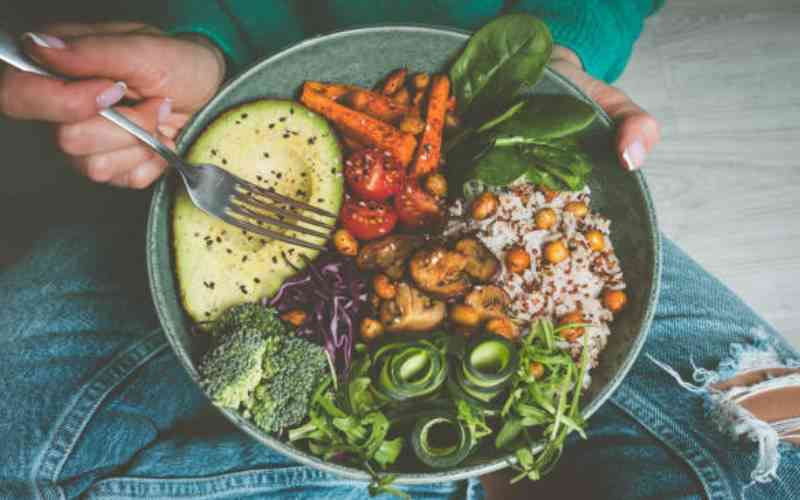×
The Standard e-Paper
Fearless, Trusted News

Samson Chemai, a 46-year-old farmer from Salabani in Marigat, Baringo county is a vegetarian and does not eat any form of meat since childhood - white or red.
As a vegetarian, Chemai risks not getting enough of certain nutrients, including proteins, omega-3 fatty acids, and vitamin B-12. However, his lifestyle also has a few benefits including a lower risk of heart disease, diabetes and some cancers.